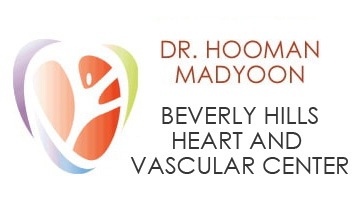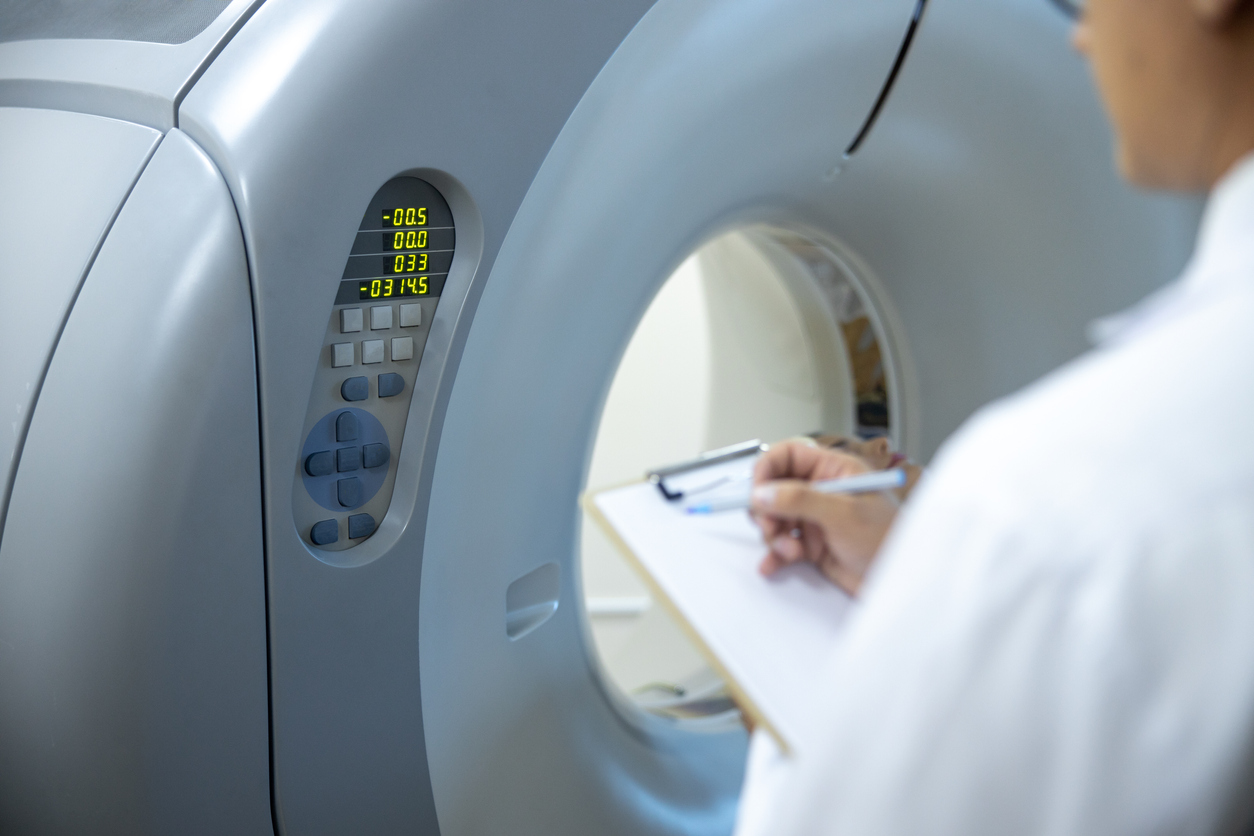Although you may have heard the term “MRI” literally hundreds of times while watching your favorite hospital dramas, in reality, most of us only have a meet and greet with an MRI machine a handful of times during our lives. Surely, some people are less fortunate in that regard, but it does mean that the average American requires a basic explanation of what an MRI actually is.
MRI is an acronym for Magnetic Resonance Imaging. The American Heart Association explains that the machine uses a magnetic field and radiofrequency waves to create two dimensional and three-dimensional images of your internal systems, allowing your Los Angeles cardiologist to see what’s going on beneath the skin without an invasive procedure or subjecting you to radiation.
In essence, MRI’s form a core part of diagnostic medicine and effectively limit any potential risk to the patient. Therefore, if your doctor suggests an MRI, it’s a completely normal procedure that you shouldn’t be too concerned about. In fact, those images could be key to identifying existing conditions, allowing you to live a healthier, fuller life.
MRIs and Your Heart
Although MRIs can be useful in diagnosing any number of conditions, your heart may be one of the biggest beneficiaries. Dr. Hooman Madyoon of the Beverly Hills Vein and Cardiovascular Institute discusses the crucial importance of MRIs to a complete cardiac stress test. The MRI will allow your doctor to evaluate both the structural integrity and function of your heart. Other tests may be necessary to evaluate other parts of your cardiovascular system, but the MRI is the first step.
When to talk to Dr. Madyoon about an MRI
Dr. Madyoon will almost certainly be the one to first bring up the question of an MRI. However, it may be up to you to recognize the symptoms that could lead to Dr. Madyoon suggesting a cardiac MRI. According to Johns Hopkin’s Medicine, these are the most common conditions, which may require an MRI to diagnose and monitor.
- Atherosclerosis
- Cardiomyopathy
- Congenital Heart Disease
- Heart Failure
- Aneurysm
- Heart Valve Disease
- Cardiac Tumor
Although these conditions have a variety of different symptoms, there are a few key, common cardiac symptoms that shouldn’t ignore. Chest pain is, of course, a major consideration, but Harvard Medical School also suggests paying attention to these five common cardiac symptoms that a lot of people ignore.
- Fatigue
- Unexplained Aches and Pains
- Shortness of Breath
- Swollen Legs, Ankles, or Feet
- Heart Palpitations
Any of these symptoms could suggest a partial blockage or other major cardiac issues. In addition, if you have a family history of heart disease, you might consider doing a cardiac stress test as a preventative measure as well.
What to Expect in Your MRI
Medical News Today’s professionally-reviewed article, reminds patients that no metal can be brought into the room with the MRI machine due to its use of a magnetic field. This includes any metallic implants, lodged bullets, shrapnel, pacemakers, cochlear implants, as well as several other, less common, medical devices. Dr. Madyoon should be informed of any medical device or metal in or on your body. In most cases, he will need to use another test if there is any risk of interacting with the magnets used by the machine.
Being inside the machine can be a claustrophobic experience, as the chamber inside is rather narrow. The test will last between 20 and 60 minutes per body part, and you will have to be stationary during that time. You will also notice the clanging of the machine. All of this is normal, and there’s no cause for concern as long as Dr. Madyoon has your complete medical history. An MRI generally a very safe procedure to diagnose and monitory a cardiac problem.

